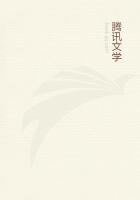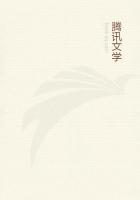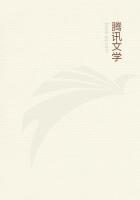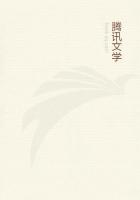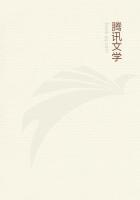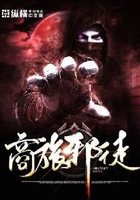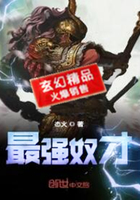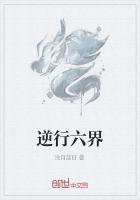"Nothing worthy of note happened on the road to Orgon, which we reached next day; but the isolated detachments of troops which we passed from time to time reminded us that the tranquillity was nowhere perfect. As we neared the town we saw three men going about arm in arm; this friendliness seemed strange to us after our recent experiences, for one of them wore a white cockade, the second a tricolour, and the third none at all, and yet they went about on the most brotherly terms, each awaiting under a different banner the outcome of events. Their wisdom impressed me much, and feeling I had nothing to fear from such philosophers, I went up to them and questioned them, and they explained their hopes to me with the greatest innocence, and above all, their firm determination to belong to what ever party got the upper hand. As we drove into Orgon we saw at a glance that the whole town was simmering with excitement.
Everybody's face expressed anxiety. A man who, we were told, was the mayor, was haranguing a group. As everyone was listening, with the greatest attention, we drew near and asked them the cause of the excitement.
"'Gentlemen,' said he, 'you ought to know the news: the king is in his capital, and we have once more hoisted the white flag, and there has not been a single dispute to mar the tranquillity of the day; one party has triumphed without violence, and the other has submitted with resignation. But I have just learned that a band of vagabonds, numbering about three hundred, have assembled on the bridge over the Durance, and are preparing to raid our little town to-night, intending by pillage or extortion to get at what we possess. I have a few guns left which I am about to distribute, and each man will watch over the safety of all.'
"Although he had not enough arms to go round, he offered to supply us, but as I had my double-barrelled pistols I did not deprive him of his weapons. I made the ladies go to bed, and, sitting at their door, tried to sleep as well as I could, a pistol in each hand. But at every instant the noise of a false alarm sounded through the town, and when day dawned my only consolation was that no one else in Orgon had slept any better than I.
"The next day we continued our journey to Tarascon, where new excitements awaited us. As we got near the town we heard the tocsin clanging and drums beating the generale. We were getting so accustomed to the uproar that we were not very much astonished.
However, when we got in we asked what was going on, and we were told that twelve thousand troops from Nimes had marched on Beaucaire and laid it waste with fire and sword. I insinuated that twelve thousand men was rather a large number for one town to furnish, but was told that that included troops from the Gardonninque and the Cevennes.
Nimes still clung to the tricolour, but Beaucaire had hoisted the white flag, and it was for the purpose of pulling it down and scattering the Royalists who were assembling in numbers at Beaucaire that Nimes had sent forth her troops on this expedition. Seeing that Tarascon and Beaucaire are only separated by the Rhone, it struck me as peculiar that such quiet should prevail on one bank, while such fierce conflict was raging on the other. I did not doubt that something had happened, but not an event of such gravity as was reported. We therefore decided to push on to Beaucaire, and when we got there we found the town in the most perfect order. The expedition of twelve thousand men was reduced to one of two hundred, which had been easily repulsed, with the result that of the assailants one had been wounded and one made prisoner. Proud of this success, the people of Beaucaire entrusted us with a thousand objurgations to deliver to their inveterate enemies the citizens of Nimes.
"If any journey could give a correct idea of the preparations for civil war and the confusion which already prevailed in the South, I should think that without contradiction it would be that which we took that day. Along the four leagues which lie between Beaucaire and Nimes were posted at frequent intervals detachments of troops displaying alternately the white and the tricoloured cockade. Every village upon our route except those just outside of Nimes had definitely joined either one party or the other, and the soldiers, who were stationed at equal distances along the road, were now Royalist and now Bonapartist. Before leaving Beaucaire we had all provided ourselves, taking example by the men we had seen at Orgon, with two cockades, one white, and one tricoloured, and by peeping out from carriage windows we were able to see which was worn by the troops we were approaching in time to attach a similar one to our hats before we got up to them, whilst we hid the other in our shoes; then as we were passing we stuck our heads, decorated according to circumstances, out of the windows, and shouted vigorously, 'Long live the king!' or 'Long live the emperor!' as the case demanded. Thanks to this concession to political opinions on the highway, and in no less degree to the money which we gave by way of tips to everybody everywhere, we arrived at length at the barriers of Nimes, where we came up with the National Guards who had been repulsed by the townspeople of Beaucaire.

